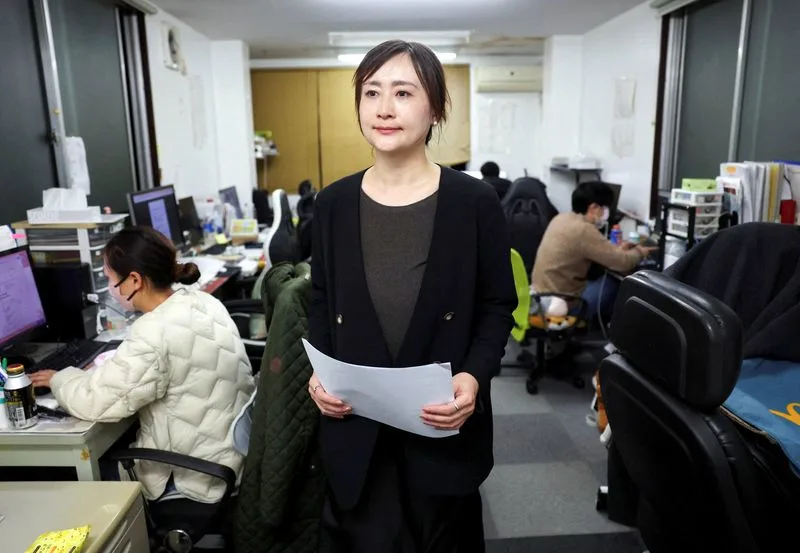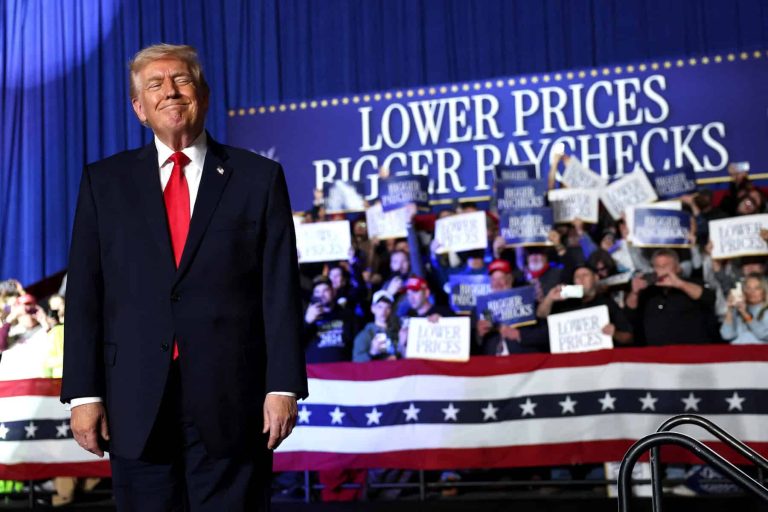
Japan is bracing for a steep economic fallout after China urged its citizens to avoid travelling to the country, a move that has rapidly triggered mass cancellations, battered tourism stocks and intensified diplomatic tensions between Asia’s two largest economies.
Within days of Beijing issuing the travel warning, Tokyo-based tour operator East Japan International Travel Service which relies heavily on Chinese group clients lost 80% of its bookings for the rest of the year.
“This is a huge loss for us,” said Yu Jinxin, the company’s vice president, noting that previous diplomatic flare-ups never produced such an immediate shock.
The warning followed controversial remarks by Japanese Prime Minister Sanae Takaichi, who told lawmakers that a Chinese attack on Taiwan threatening Japan’s survival could prompt a military response. The comments sparked fierce condemnation from Chinese state media and diplomats, prompting Tokyo to advise its own citizens in China to avoid crowded areas and increase personal safety precautions.
Tourism accounts for around 7% of Japan’s GDP, according to the World Travel & Tourism Council, and has been a vital engine of growth. Visitors from mainland China and Hong Kong make up roughly 20% of all arrivals, official data shows. Analysts warn the boycott could cost Japan 2.2 trillion yen ($14.23 billion) annually, according to estimates from Nomura Research Institute.
More than ten Chinese airlines have already offered ticket refunds on Japan-bound flights until December 31, and industry analysts estimate that around 500,000 tickets have been cancelled so far. Tourism-related stocks in Japan have tumbled since the advisory was issued.
Meanwhile, the diplomatic fallout continues. China has suspended upcoming Japanese film screenings, and Japanese entertainers popular in China have rushed to distance themselves from the controversy.
“China is like my second homeland, I will always support One China,” Japanese singer MARiA wrote on Weibo.
For tour operators like Yu, the uncertainty is troubling. While her firm survived earlier crises including a 2012 dispute over island nationalisation that sparked violent protests across China this time feels more precarious.
“If this lasts for one or two months, we can manage,” she said. “But if the situation continues to worsen, it will obviously have a major impact on our business.”
Erizia Rubyjeana



